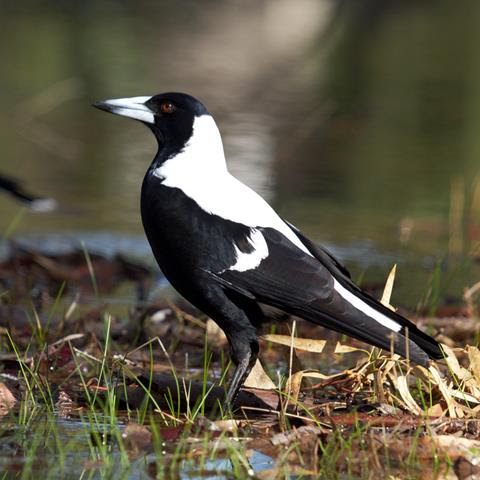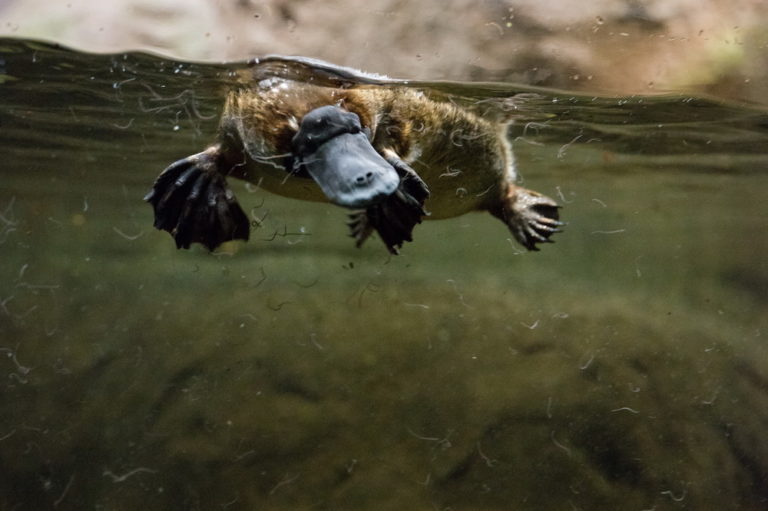The Victorian Regional Achievement & Community Awards are designed to encourage, acknowledge and reward the valuable contributions individuals, communities and businesses are making throughout regional and rural Victoria.
Nominations close 31 July 2020 so start putting your application together! Entry is free, and anyone can nominate! You can enter an individual, group, business or organisation into one or more of the 9 categories below.
- Business Achievement Award – REGIONAL DEVELOPMENT VICTORIA
- Community Education Award – GOTAFE
- Leadership and Innovation Award – REGIONAL DEVELOPMENT VICTORIA
- Agricultural Innovation Award – PRIME SUPER
- Customer Service Award – RICOH
- Community Group Award – GOTAFE
- Community resilience Award – DEPARTMENT OF ENVIRONMENT, LAND, WATER and PLANNING
- Excellence in Aged Care – PRIME SUPER
- Community Hero Award – AWARDS AUSTRALIA
To enter go to the ONLINE PORTAL and select the category you wish to enter from the drop down nomination award menu and answer a few simple questions.
If you are time poor, but want to recognise someone use the online REFERRAL SYSTEM. It takes about two minutes to complete the form and the team at VRACA does the rest! They will get in contact with your nominee and have them complete the questions.
Prizes include $2,000 into an account in the winners name from Bank of Melbourne or air time packages on PRIME7 for category winners.
One of the nine category winners will be named the “Bank of Melbourne Regional Achiever of the Year” and will receive an additional $2,000 and state trophy.
To find out more about the Awards, please visit the website or contact Talia Bebarfald, Awards Administrative Assistant on 9720 1638.



